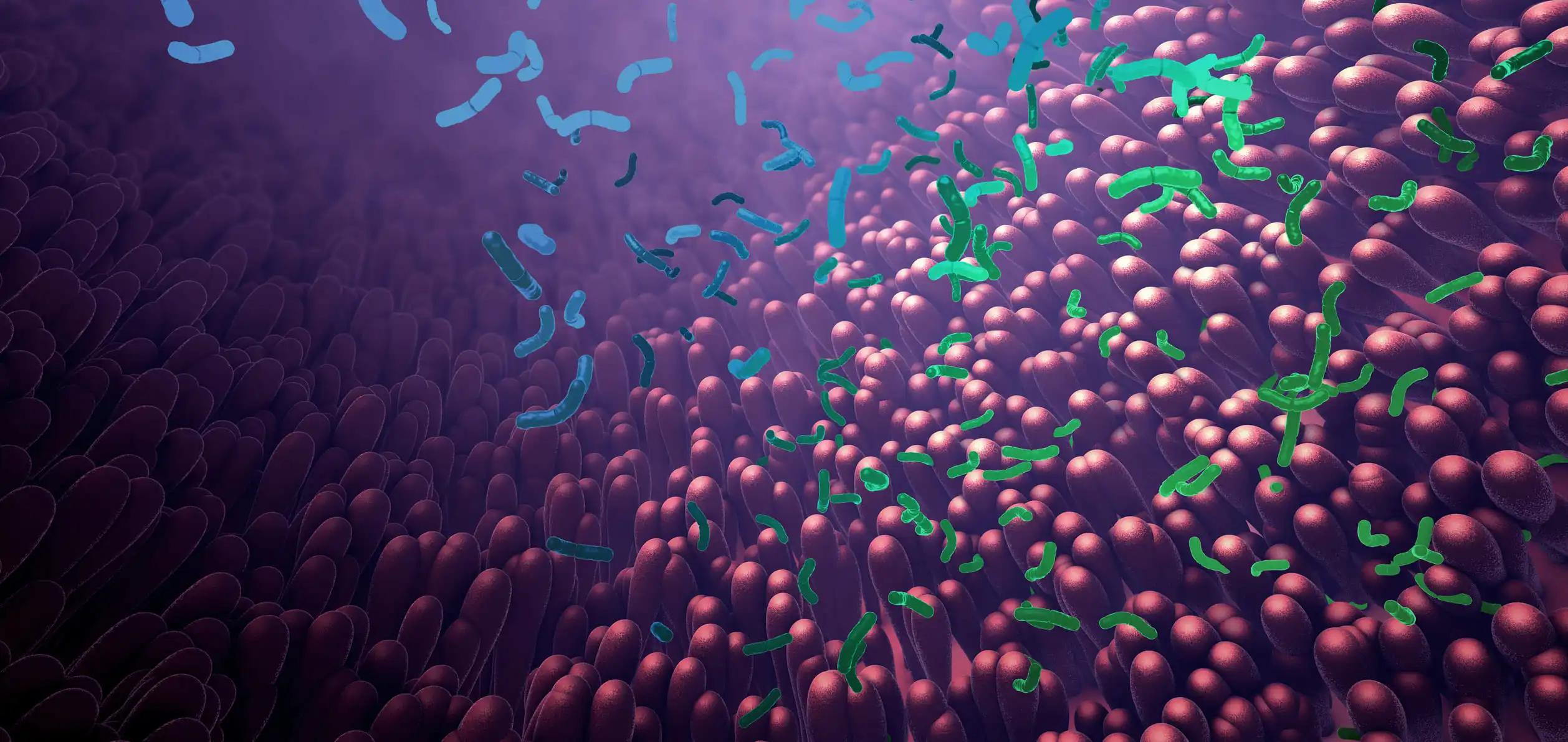KEY TAKEAWAYS
- The CheckMate-274 phase 3 clinical trial tested adjuvant nivolumab on high-risk MIUC patients after radical resection and compared the results with placebo.
- The study randomized patients to receive either Nivolumab or a placebo.
- After a 3-year follow-up, patients treated with Nivolumab for MIBC demonstrated ongoing improvement in DFS, NUTRFS, and DMFS compared to those who received the placebo.
- The trial’s long-term follow-up reinforced the potential of Nivolumab as a standard treatment option for this patient population.
The CheckMate-274 clinical trial administered adjuvant nivolumab (NIVO) to high-risk muscle-invasive urothelial carcinoma (MIUC) patients (pts) after radical resection and compared the results with placebo (PBO). The test successfully met its two primary endpoints, which were disease-free survival (DFS) in intent-to-treat (ITT) pts and in those expressing tumor-programmed death ligand 1 (PD-L1) at a level of 1% or higher. The pts were followed up for 11 mo (median: 23.3 months), and the study revealed that NIVO had an advantage in disease-free survival (DFS) over PBO in both the ITT pts (HR 0.70; 95% CI 0.57–0.85) and pts with PD-L1 ≥ 1% (HR 0.53; 95% CI 0.38–0.75). Muscle invasive bladder cancer (MIBC) pts demonstrated efficacy benefits in DFS (HR 0.61; 95% CI 0.49–0.77), non-urothelial tract recurrence-free survival [NUTRFS], and distant metastasis-free survival [DMFS]. The study also provided extended follow-up results for MIBC pts with a minimum of 31.6 mo (median: 36.1 months) in the ITT population.
The pts were randomized in a 1:1 ratio to receive either NIVO 240 mg IV Q2W or a placebo for up to one year of adjuvant treatment. The nodal status, prior neoadjuvant cisplatin treatment, and tumor PD-L1 expression were used to stratify the pts. These pts had undergone radical resection with or without neoadjuvant chemo and were at high risk of recurrence. The study’s primary endpoints were DFS in ITT pts and pts with PD-L1 expression greater than or equal to 1%. NUTRFS is a secondary endpoint, while DMFS and safety are exploratory endpoints. The analysis of the MIBC subgroup is also exploratory.
Of 709 participants: 560 had muscle-invasive bladder cancer (NIVO, n=279; PBO, n=281). NIVO was more effective than PBO in improving DFS, with an HR of 0.63, and in the PD-L1 ≥1% (HR 0.44) and PD-L1 <1% (HR 0.74) subgroups.HR favored NIVO vs PBO for NUTRFS (HR 0.64) and DMFS (HR 0.70). The NIVO arm had a higher incidence of grade 3-4 treatment-related adverse events, with 17.3% of participants affected, compared to only 5.8% in the PBO arm.
After a 3-year follow-up, pts who received NIVO for MIBC treatment had significant and ongoing improvement in DFS, NUTRFS, and DMFS compared to those who received PBO. DFS demonstrated a considerable benefit regardless of the PD-L1 expression of the tumor, and safety remained consistent with prior ITT group data, with no additional safety concerns identified. These findings support using NIVO as the standard treatment for high-risk MIBC post-radical resection.
Source: https://www.auajournals.org/doi/10.1097/JU.0000000000003361.08
Clinical Trial: https://classic.clinicaltrials.gov/ct2/show/NCT02632409
Milowsky, Matthew; Galsky, Matthew D.; Bajorin, Dean F.; Witjes, Johannes Alfred; Gschwend, Jürgen E.; Schenker, Michael; Romania, Craiova; Valderrama, Begoña P.; Tomita, Yoshihiko; Bamias, Aristotelis; Lebret, Thierry; Shariat, Shahrokh F.; Park, Se Hoon; Agerbaek, Mads; Stenner, Frank; Askelson, Margarita; Nasroulah, Federico; Zhang, Joshua; Brophy, Lynne; Jha, Gautam LBA02-08 RESULTS FROM THE EXTENDED FOLLOW-UP IN PATIENTS WITH MUSCLE-INVASIVE BLADDER CANCER IN THE CHeckMATE 274 TRIAL, Journal of Urology: April 2023 – Volume 209 – Issue Supplement 4 doi: 10.1097/JU.0000000000003361.08



